Four Law Students Lend Talents to Serve Indigenous Communities
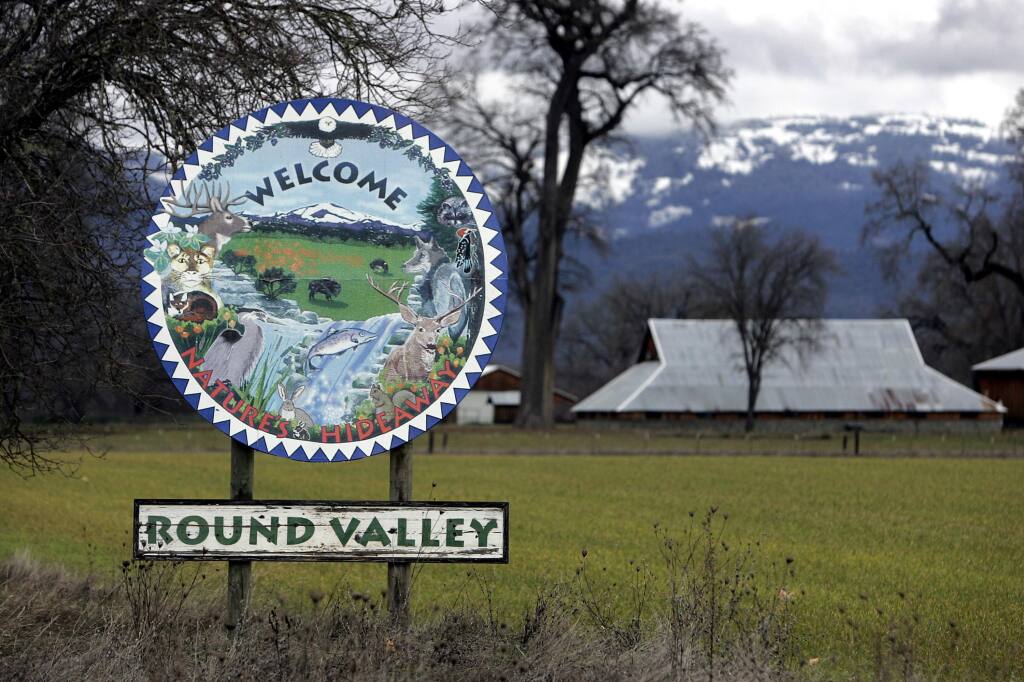
UC Law SF students provided free legal assistance to rural communities and members of Native American tribes in Northern California during the summer of 2022.
For the first time ever, four UC Law SF law students spent their summers helping Indigenous Peoples in Northern California through fellowships funded by Joseph W. Cotchett ’64 and distributed by Chancellor & Dean David Faigman.
Working with various legal organizations and judges in Mendocino and Humboldt Counties, the students earned valuable work experience and supported rural court systems.
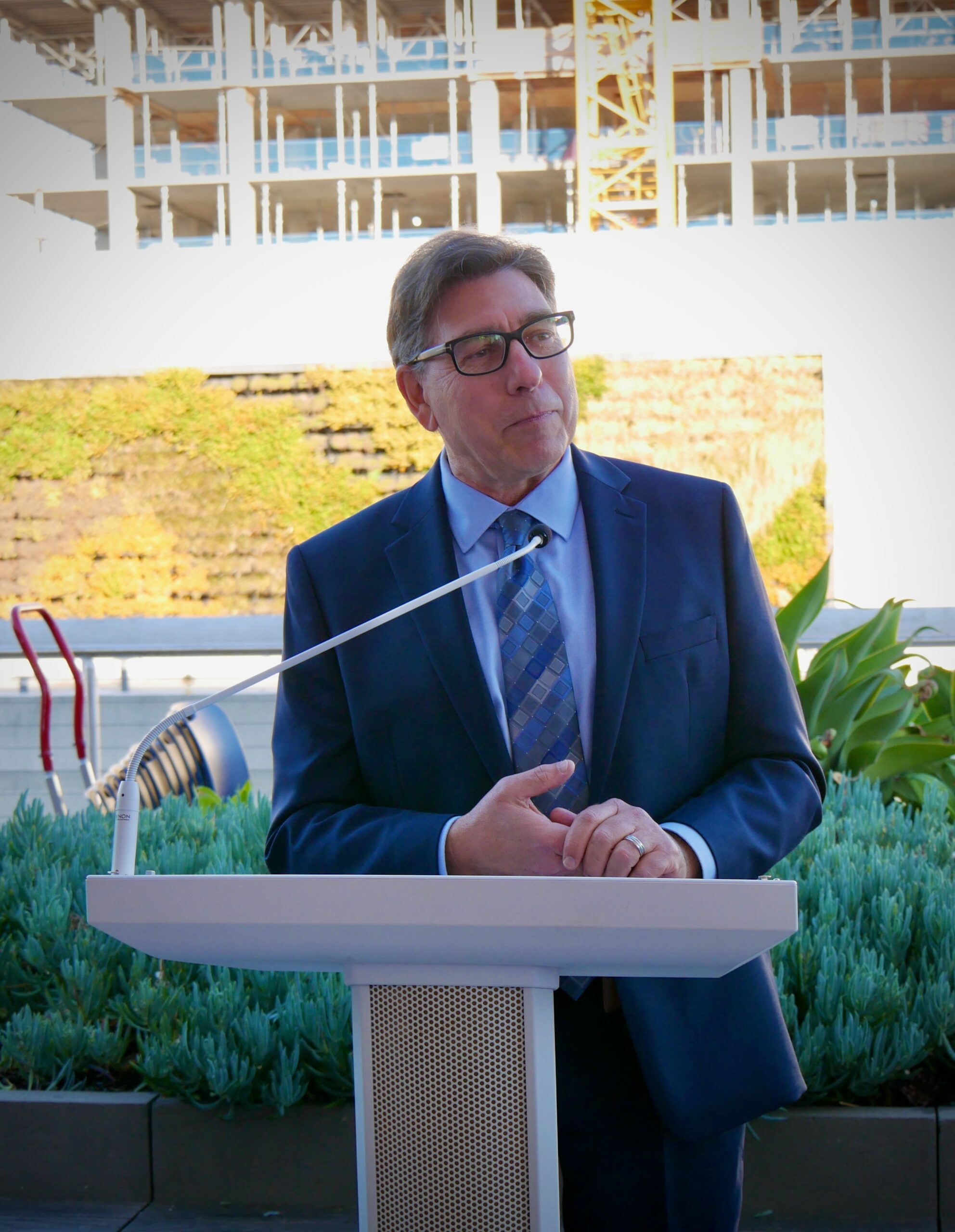
UC Law SF Chancellor and Dean David Faigman allocated funding for four fellowships.
They helped California tribal communities with tribal courts, the creation of tribal common law, and Indian Child Welfare Act issues. They also helped tribal members draw up wills, stay in their homes, find affordable housing, and seek child custody and visitation rights.
Through their placements, the students provided free legal assistance to members of the Round Valley Indian Tribes and other California tribes. This assistance is part of the many restorative justice initiatives enacted after the school learned of atrocities committed against Native Americans in the Round Valley area in the 1850s, by the school’s founder, Serranus Hastings.
Funds are being set aside to continue the fellowship program next summer.
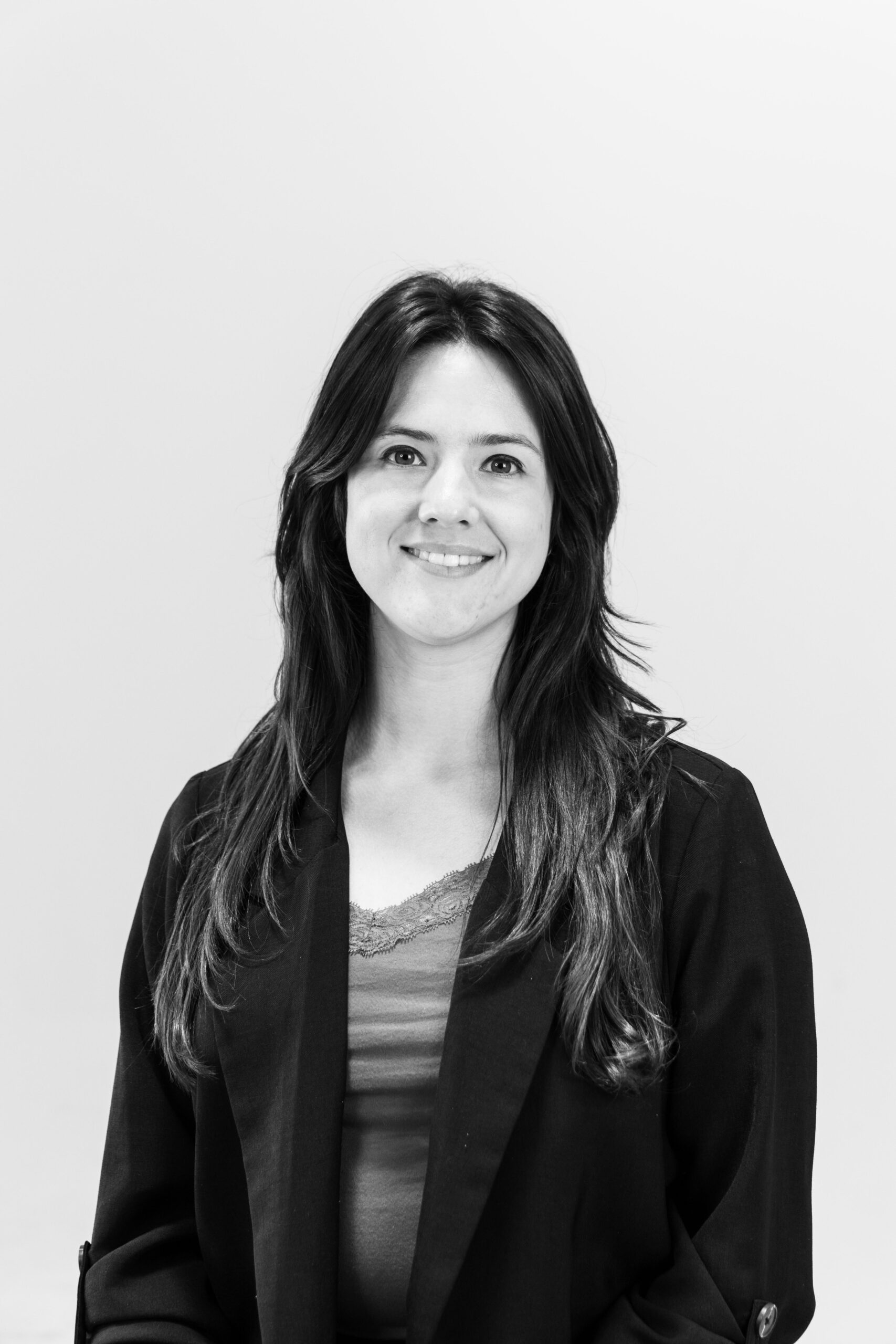
Savannah Carter ’24 worked as a law clerk for California Indian Legal Services.
SAVANNAH CARTER ‘24
In her position as a summer law clerk for California Indian Legal Services’ Eureka office, Savannah Carter ’24 worked on several projects, including helping host a clinic that assisted Native Americans in drafting wills. “The complexity of creating a valid will as a Native person requires knowledge across state and federal jurisdictions,” she said. “These services are not always available in more remote tribal areas.”
Carter also worked with a tribe that faced decades of hardship after it decided to leave a reservation and resettle on its ancestral lands. She reviewed the tribe’s federal petition for tribal recognition and said, “I felt honored to bear witness to this tribe’s history, and to have contributed in some small way to promote restorative justice efforts on their behalf.”
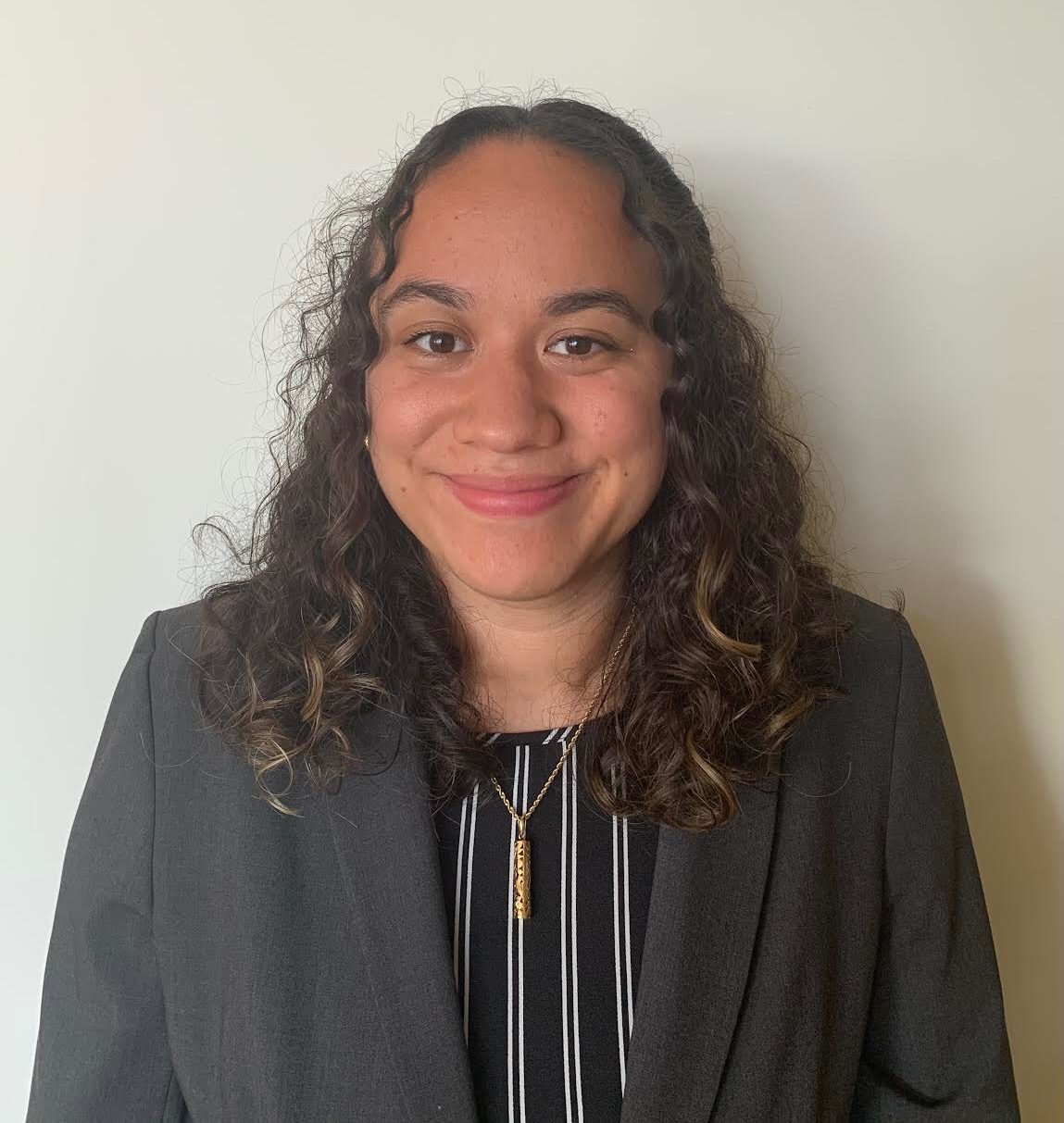
Telesia Hunkin ’23 worked for Legal Services of Northern California’s Ukiah office.
TELESIA HUNKIN ‘23
Working for Legal Services of Northern California’s Ukiah office, Telesia Hunkin ’23 helped a mother and her young daughter avoid getting evicted from their home. “After Legal Services spoke with the housing authority and landlord, the mother was able to stay in her unit and look for a new place,” Hunkin said. “At the end of the summer, this mother and her daughter found new housing that fit their needs.”
Hunkin, a Samoan and African American woman who grew up in Oakland on Ohlone Land, said it was rewarding to serve people who have historically faced barriers to accessing the legal system. “Every day I spoke with a client, so most days I felt like I was helping someone who may not have been able to know their rights, or been able to advocate for themselves without guidance.”
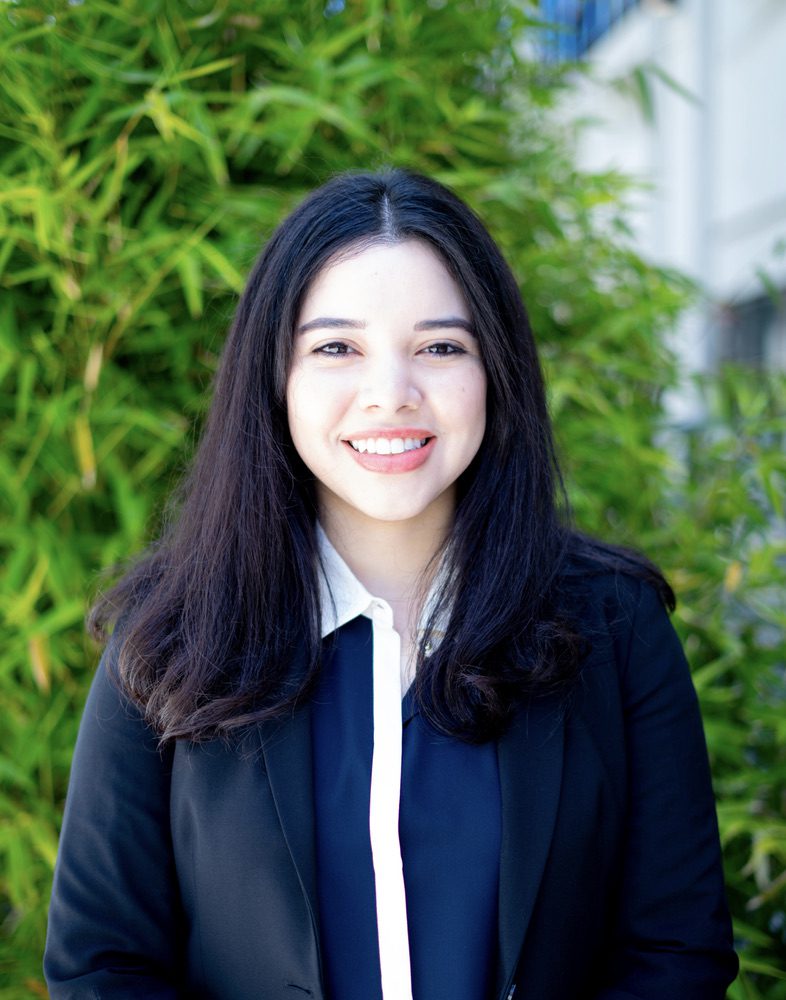
Krista Saenz ’23 clerked for the chief judge of a tribal court in Mendocino County.
KRISTA SAENZ ‘23
Working as a law clerk for Chief Judge Joseph Wiseman of the Round Valley Indian Tribes’ Tribal Court, Krista Saenz ’23 researched novel legal issues, wrote legal memoranda, and drafted court orders.
She observed that, despite a large volume of cases and lack of resources, court staff worked hard to resolve disputes in an efficient manner. Her work contributed to the creation of tribal common law and helped the court process cases more quickly, she said. “The ability to move along a case can positively affect present and future litigants in vulnerable situations, particularly families seeking fair coverage of medical bills after injuries and families seeking custody and visitation of children.”
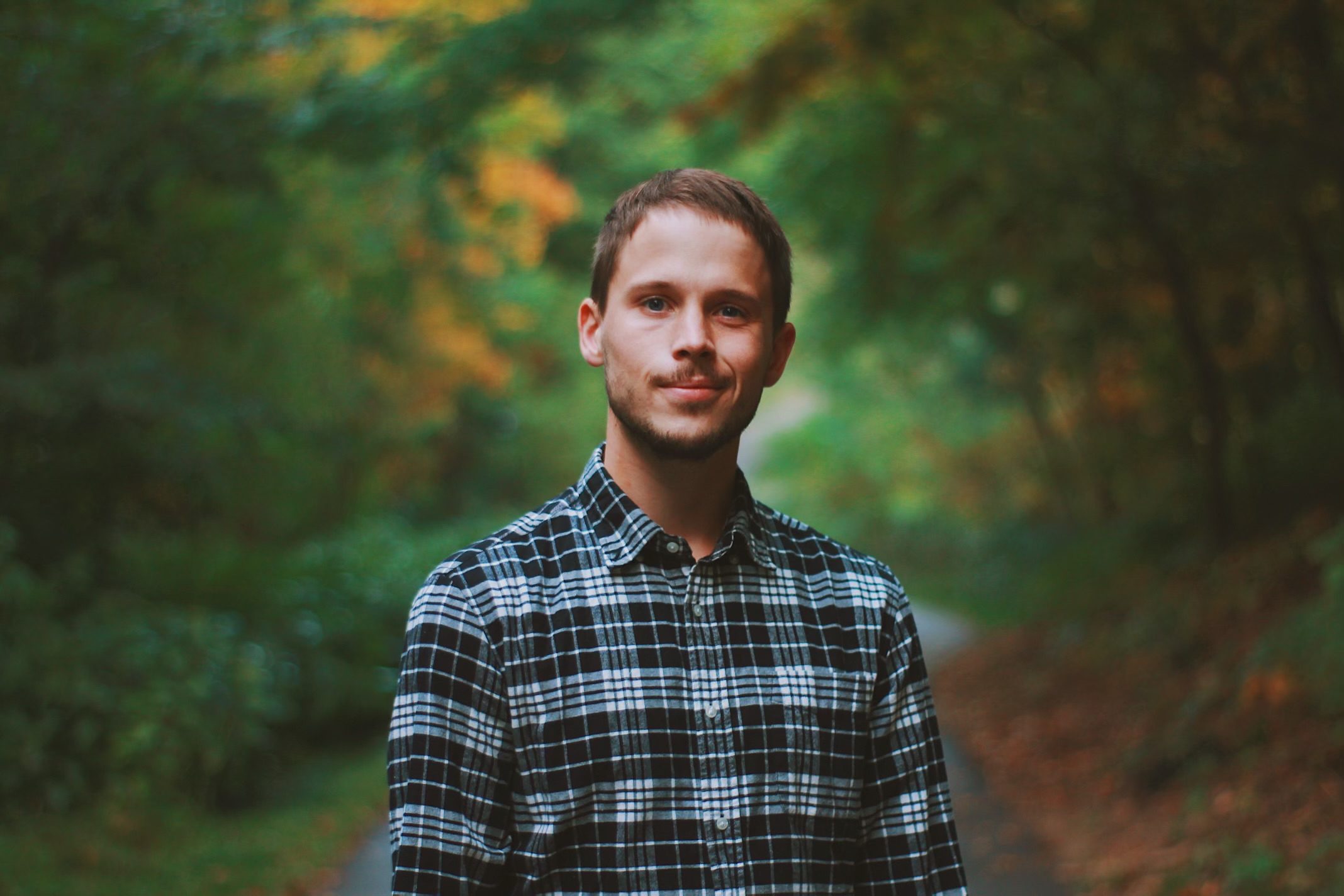
Michael Wambach ’24 worked at the Mendocino County Superior Court’s Self Help Center.
MICHAEL WAMBACH ‘24
Working at the Mendocino County Superior Court’s Self Help Center in Ukiah, Michael Wambach ‘24 assisted pro se litigants, including with cases involving family law. “Each case was a small picture of life in Mendocino County,” Wambach said.
Wambach recalled helping one man seeking visitation rights with the grandson he had previously raised in his home. The man faced adversity, but Wambach said he was impressed by this man’s determination to be a part of his grandson’s life.
Helping pro se litigants seek justice through the courts was a valuable experience, Wambach said. “By showing up and being focused on being a resource for people, you can have a tremendous impact on people feeling confident in the court and the legal profession.”
FELLOWSHIP PROGRAM
The idea for the fellowship program was first seeded by Jo Carrillo, Faculty Director of the Indigenous Law Center (ILC), who has worked to involve students in restorative justice efforts.
Associate Dean of Experiential Learning Gail Silverstein set up the program and helped place the students. Silverstein said students were placed with organizations and courts that often have difficulty recruiting interns due to their rural locations. She said, “The students learned a great deal about the problematic access to justice issues that Native American and rural communities face.”
Carrillo said that the ILC and Professor Jessica Vapnek, another member of the Restorative Justice Advisory Board, have produced a video to showcase the work the students did in their summer fellowships.